August Is National Make an Estate Plan Month
JUST DO IT!
Our CEO Maggie Kulyk likes to say that if you really want to upset your relatives, don’t make an estate plan. Most of us would not intentionally leave a legal and financial mess for our loved ones to clean up when we’re gone, but that is likely what will happen if you don’t have a valid estate plan in place when you die. And such a mess can be especially traumatic to handle during periods of grief.
While all of us likely think we have “all the time in the world” to get our estate documents in order, the truth is we never know. And for most people, creating estate documents is not a complicated process. So, for the sake of your own peace of mind, and for those you love, don’t put it off any longer.
Here’s what you need to think about as you consider your estate plans:
Who do you want to inherit your property and other assets when you’re gone?
Think about who you would like to receive your property and other resources after you die, how the estate should be divided, if necessary, and if you want to spread out the distribution. If you die without a valid estate plan (“intestate”), a probate court will decide how to distribute your estate according to your state’s laws. This takes time and may not meet the desires of those left behind. Having an estate plan can help reduce conflicts, infighting, and added grief.
Do you have particular items you want someone to receive?
What about that jewelry passed down to you from your grandmother, the artwork or tools you have collected, or other items that have sentimental or financial value? Who will best take care of these pieces once you’re gone? Again, by having an estate plan, you can greatly increase the chances that these things will be appreciated and sustained. And usually you can make a simple list of those items and who you wish them to go to and just attach it to your estate documents, making it easy to change your mind should something happen.
Who do you want to take care of your minor children or your pets?
Even if you don’t have many assets, if you have minor children, you’ll need to name a guardian you trust to take care of them if you die. If you DO have assets, you will also need to name a trustee for those assets you want to leave behind for the care of your minor children. Those two designations can be the same or different. Sometimes you want someone to take care of the money, but not the children or pets, or vice versa. Obviously, this is a big decision and a very important one. If you die without an estate plan, a court will decide where your children go. Similarly, if you have a pet, name someone you know who is willing and happy to take care of them.
Who will deal with the details of your estate?
When someone dies, there are many details that need to be handled. If an estate plan is in place, the documents will name an executor or a successor trustee (when using a revocable trust, which is what we, at Chicory Wealth, typically recommend). The revocable trust documents name your successor who will take care of these details. Without these documents in place, the court will name someone to do these tasks. Find someone who is competent and trustworthy and talk to them about being your successor trustee, then name that person in your revocable trust documents. We also recommend you name a “successor to the successor,” just in case something happens to the person you first name and they either have already predeceased you or are unable to serve.
Is there a way to minimize your estate taxes?
Depending on the size of your estate, your loved ones might owe inheritance taxes. At present, the annual exclusion limit (the amount you can pass to your heirs before the estate is taxed) is a rather large $13.61 million for an individual or $27.22 million for a married couple. But estate tax exclusion limits can change depending on the mood or inclinations of Congress, so it is wise to keep an eye on these changes even after you’ve made your estate plan. Working with a financial advisor and/or an estate planner can help you stay up to date.
Do you want to give part of your inheritance to charities or other organizations?
An estate plan is a place to make donations to charitable causes from your estate, if you wish. Giving to charity might also reduce your tax liability. If you die without an estate plan, you won’t have an opportunity make these types of donations. Also, a tax efficient way to give to charity upon your death is to designate a charity or charities to be the beneficiary of all or a portion of your qualified accounts, like IRAs, Roth IRAs, 401Ks and 403bs. Again, your financial advisor can help you with this, and your estate planner can advise on what assets are best suited for what types of beneficiaries.
And remember to update your estate plan when needed.
It is always possible to change your plans, and you might need to if your life circumstances change. But it’s not usually complicated to update an estate plan. Having one in place can help reduce critical legal issues for your loved ones.
Estate planning is more than just deciding where your “stuff” goes.
A complete estate planning process also asks you to consider other important things like: How do I want my body treated after death? Do I wish to be cremated, traditionally buried, or perhaps even composted (yes…it’s a thing!). Also, while still alive, what types of care do I want or not want while I am dying? And very importantly, who will make decisions for my health care if I am unable to make those decisions?
Go ahead and do it.
There are numerous ways to create an estate plan. If you are a client of Chicory Wealth, talk to your advisor about your estate plan. Chicory Wealth now offers estate planning services to all our clients except for those living in North Carolina. You can also hire an attorney to help you or make an estate plan yourself, but if your situation is at all complicated, we recommend getting some professional help.
Don’t put it off any longer!









